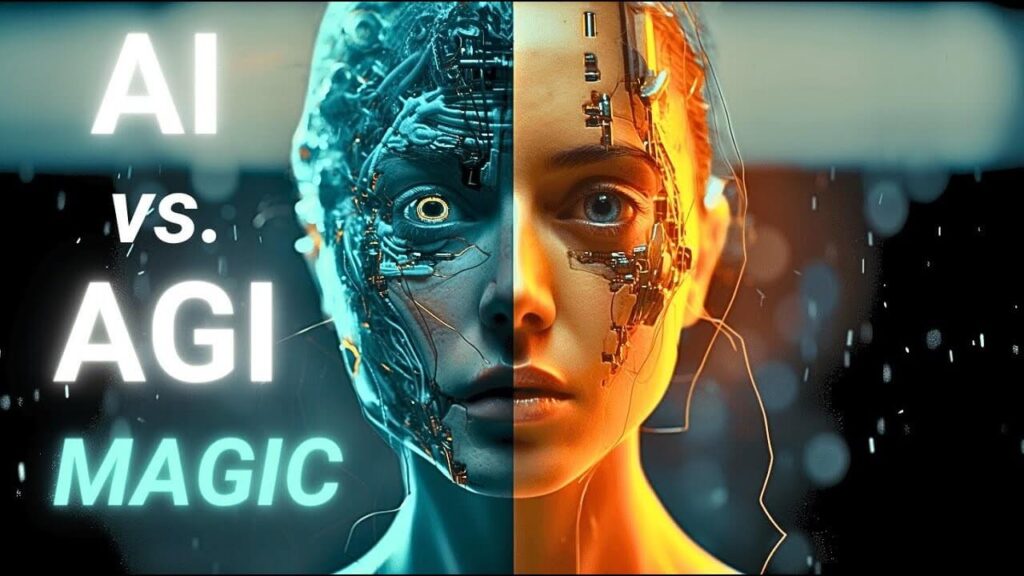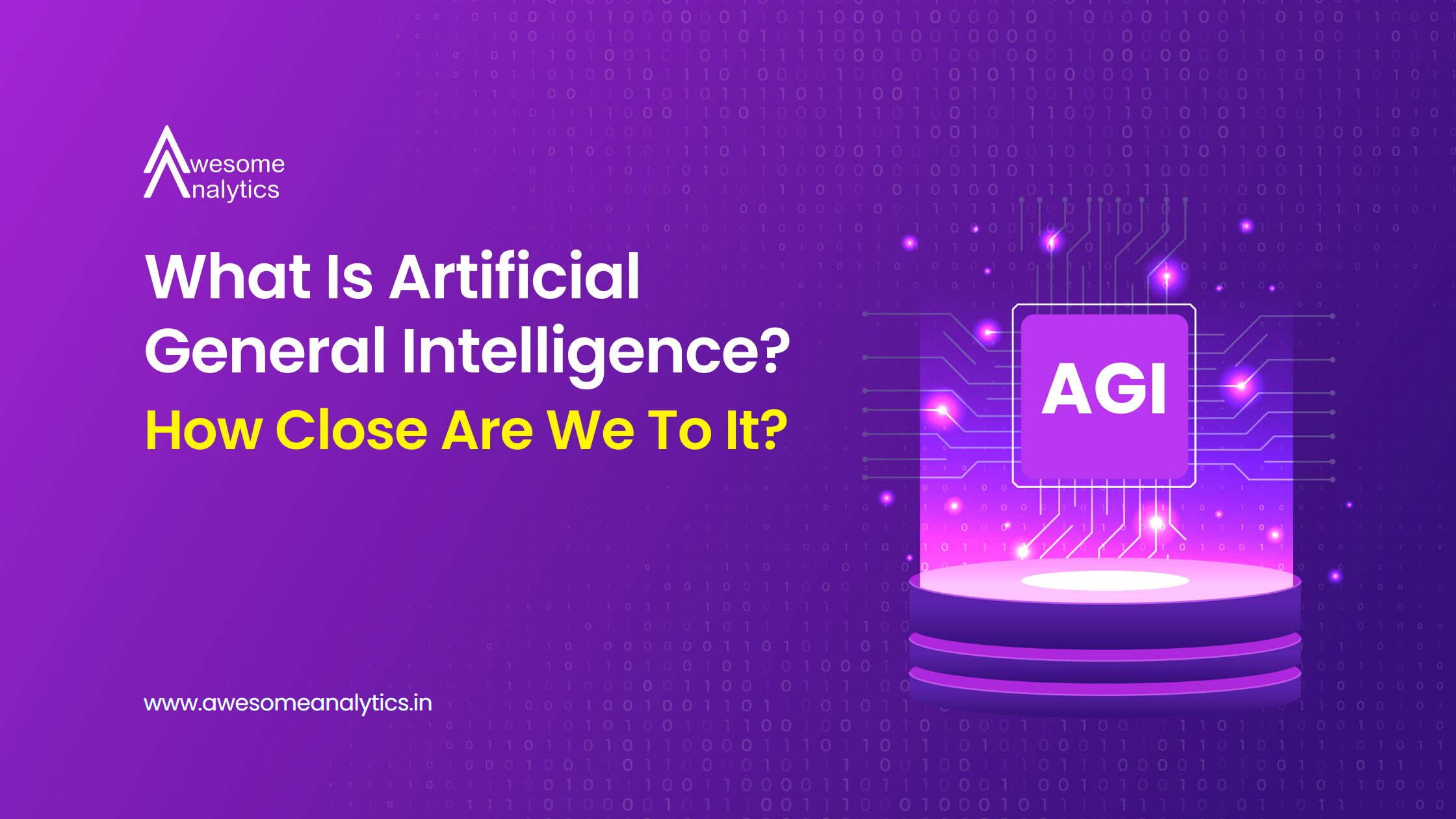AGI vs. Narrow AI
Narrow AI systems, such as ChatGPT, are tailored to perform particular functions like language processing or image recognition. They operate within predefined parameters and lack the ability to generalize learning beyond their specific domains. In contrast, AGI would seamlessly integrate knowledge from various fields, allowing it to perform any intellectual task that a human can, thereby bridging the gap between human and machine capabilities.


How Close Are We to AGI?
The journey toward AGI is marked by significant advancements and formidable challenges. Experts are divided on the timeline for achieving AGI, with some optimistic projections suggesting its emergence within the next few years, while others anticipate several decades before realization.
Key challenges include replicating human consciousness, understanding, and the ability to apply knowledge across diverse contexts. Ongoing research continues to explore these complexities, striving to bring AGI from theory to reality.
Potential Benefits of AGI
The realization of AGI holds the promise of transformative impacts across various sectors:
-Medicine: AGI could revolutionize healthcare by providing advanced diagnostics, personalized treatment plans, and accelerating medical research, potentially leading to cures for complex diseases.
- Education: In education, AGI could offer personalized learning experiences, adapting to individual student needs and enhancing educational outcomes on a global scale.
-Problem-Solving: AGI's ability to process and analyze vast amounts of data could lead to innovative solutions for complex global challenges, including climate change, resource management, and economic development.


Risks and Ethical Concerns
Despite its potential, AGI presents several risks and ethical dilemmas:
-Job Displacement: The automation capabilities of AGI could lead to significant job losses, necessitating strategies for workforce transition and economic adaptation.
-Lack of Control: There are concerns about the unpredictability of AGI behavior, raising questions about safety, ethical decision-making, and the potential for unintended consequences.
-Existential Risks: The possibility of AGI surpassing human intelligence poses existential risks, including the potential for AGI to act in ways that are not aligned with human values or interests.
Conclusion
Artificial General Intelligence stands at the frontier of technological innovation, offering unprecedented opportunities alongside profound challenges. Its development necessitates a balanced approach that fosters responsible innovation, ensuring that the pursuit of AGI aligns with ethical standards and societal well-being. Engaging in ongoing dialogue and establishing robust frameworks will be essential as we navigate the complexities of bringing AGI into existence.



